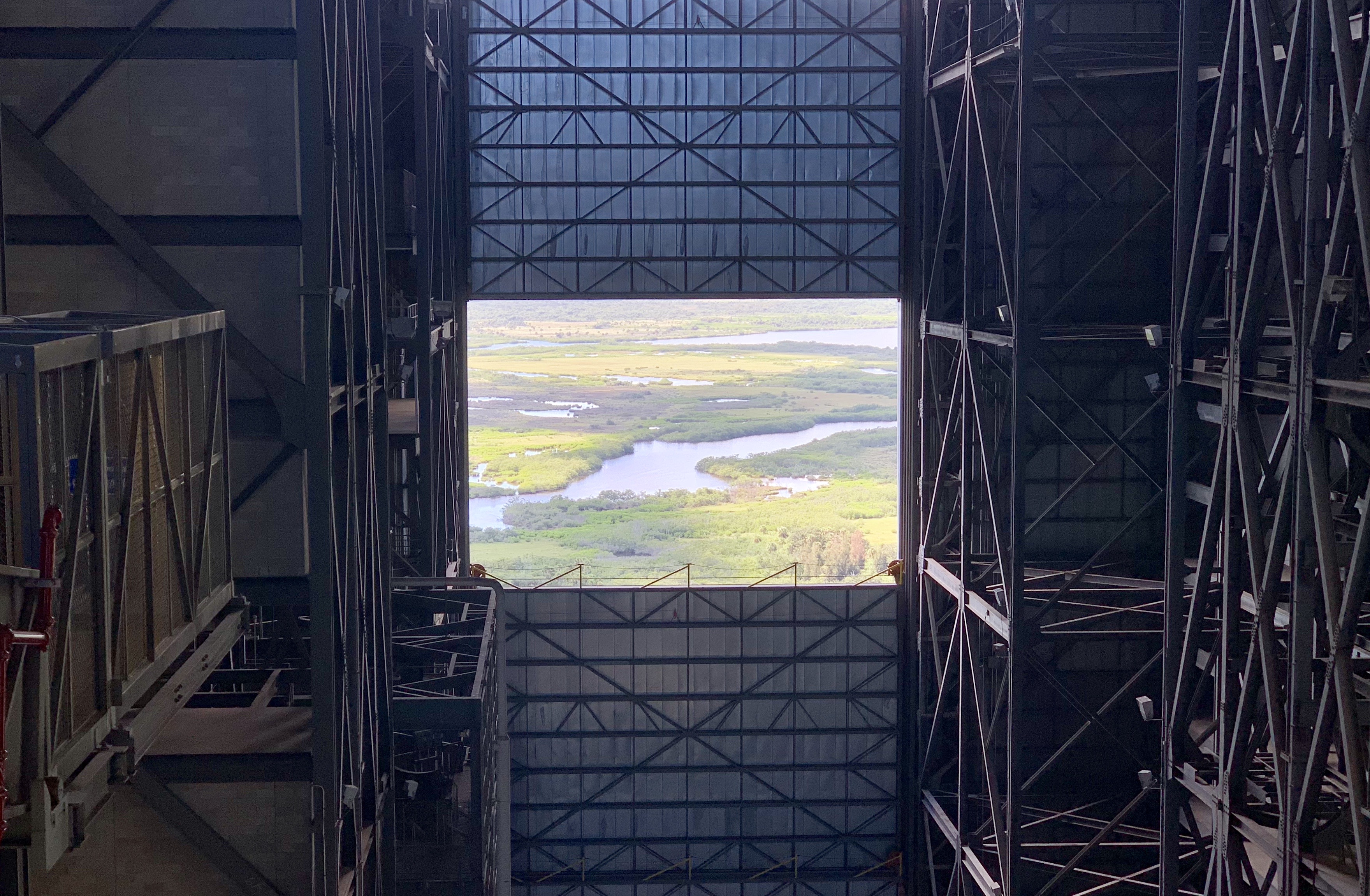Okay, friends. In the spirit of “bringing stuff into the discussion that’s a level lower than press release”, here’s a presentation some of my co-workers authored for the International Astronautical Conference in Paris last fall.
The People
Michelle Rucker is the lead of the Mars Architecture Team - the group that is literally tasked with designing NASA’s approach to a crewed Mars mission.
Torin McCoy is the acting Chief Health and Medical Officer for the lunar-focused Artemis campaign, but he does some Mars stuff too.
James Hoffman has been around NASA’s Mars work for like 20 years. Couldn’t find a bio I liked, but y’all can trust me.
The References
You’ll want to have a few documents in your back pocket to reference as you’re reading.
The Moon to Mars Objectives are tough reading, and if y’all want we can do a deep dive. It describes how NASA is thinking about the things the agency (and all of the commercials and international interests) want to be able to do.
The Moon to Mars Strategy might be even tougher reading, but there’s additional context there on the “how”.
Some Thoughts
Take a look at the concept of operations. If you’d like, you can ask about other ways we might try to accomplish those objectives (can’t promise I can answer, but if NASA published it I’ll try to find it.)
Take a look at the surface mission, and think about the potential challenges of operating with those kinds of constraints. If you’d like, look at the crew recovery for a Crew Dragon and think about the impact of not having that infrastructure or expertise on the surface of Mars.
Think about the duration of the mission, and compare that to the shelf-life of things like food, medicine, and supplies. Forget about the whole space part… think about trying to go off-the-grid terrestrially and what you’d have to do to be successful.
Class is in session. Who wants to do some homework? 😄


This is my personal opinion. The Moon to Mars Objectives offers an agency-vetted response that’s probably better than mine.
I think folks with this opinion are very nearly allies. They have an interest in things outside their immediate environment, they recognize the value of both investment and innovation, and they’re unsatisfied with the status quo. I can get behind all of those qualities and recognize in them a friend.
I also, for the record, want to see the world a better place. I want to see conservation and education, I want to see the hungry fed and the hurting aided. I don’t want to pick between aiding hurricane victims and educating youth. I don’t want to pick between feeding the hungry and going to space. All of these things can be good and valuable at the same time, and there is no reason we as a society should be forced to choose. I’m a “yes, and” voice for those who want to see the world a better place today… I think that the human behaviors that NASA inspires are critical to achieving your goal.
We still don’t need to go to Mars. It’s a literal hellhole. I would love to explore space, but Mars is dangerous and boring like the Moon.